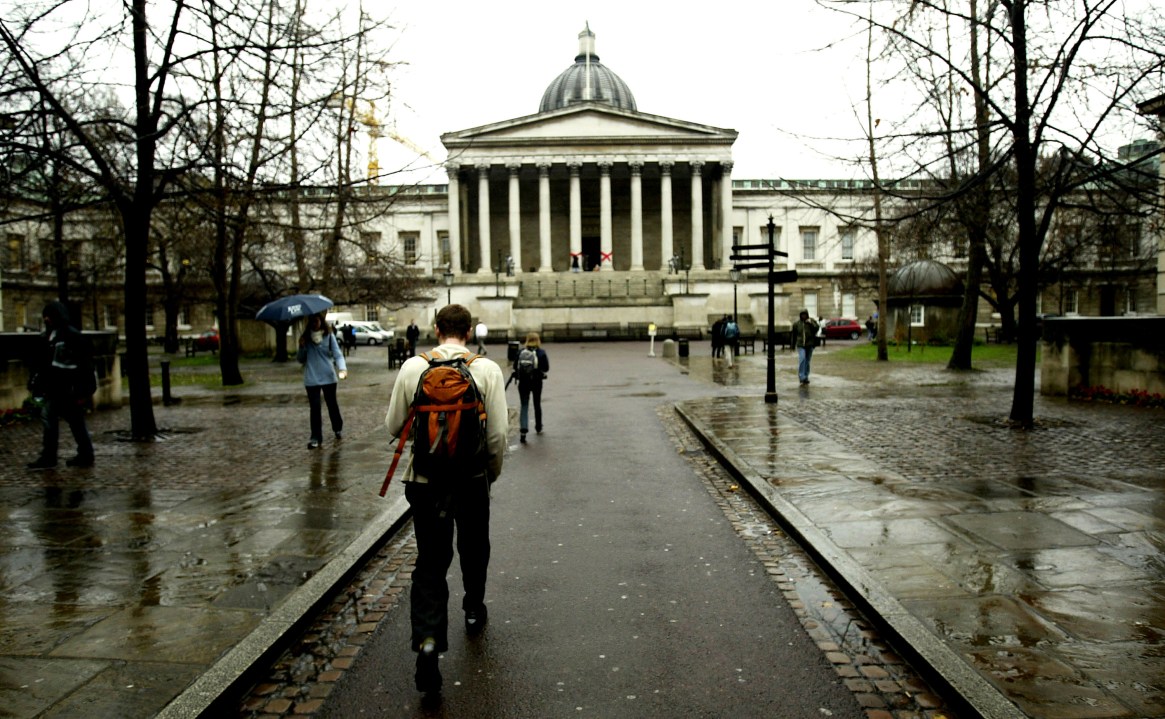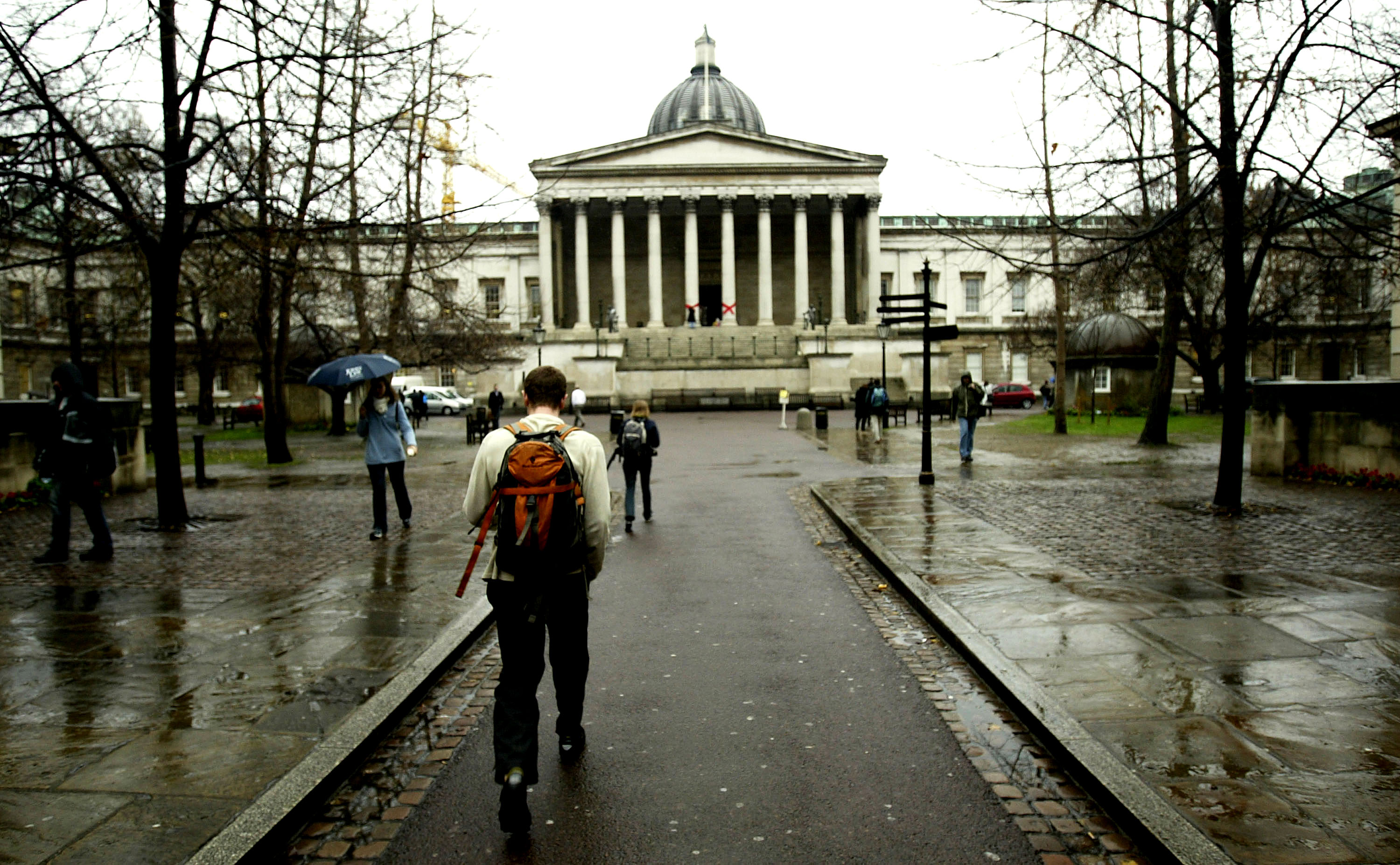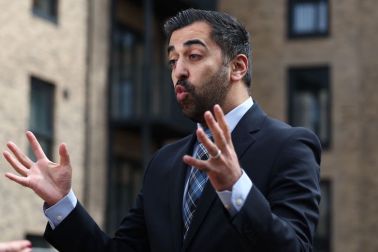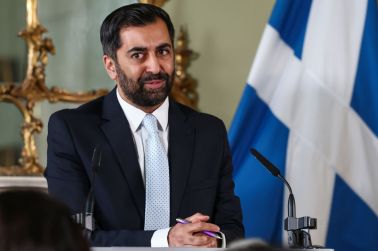In the past 12 months a curious thing has happened: student politics, for decades the most irrelevant, cut-off sphere of public life, has become headline news. The explosion of campus censorship – the primary means through which twentysomething politicos vent their political passions today – is followed, reported on and critiqued by greying commentators on a daily basis.
The shock-horror headlines about the rise of ‘no platforming’ and the sclerotic growth of speech-policing ‘safe spaces’ seem a little strange. Not least because the No Platform policy – introduced by the National Union of Students in 1974 – is about as old as some of the commentators currently filling column inches with their castigations of the illiberal yoof. But, while ban-happy students aren’t a new phenomenon, they have been outdoing themselves of late.
Political correctness on campus has gone categorically insane. Today, spiked – the magazine I work for – launched the 2016 findings of our Free Speech University Rankings, a nationwide analysis of campus censorship. And the results are not good. According to our data, 90pc of campuses censor speech – and students’ unions are over four times more censorious than university administrations. And not only is campus censorship proliferating – the bar for censorship is getting lower and lower.
Where once SUs reserved censorship for fascists, now radical feminists, secularists and anti-Islamists – from Germaine Greer to Maryam Namazie and Julie Bindel – are seen as beyond the pale, liable to compromise the ‘mental safety’ of students. That’s all without mentioning the sillier side of campus censorship – the sombrero bans, the hand-gesture policies and the clampdowns on pole-dancing societies.
Now, alongside the ranks of commentators who wheel illiberal students out in the Sunday papers to give them a good kicking, even Oxford’s chancellors are finally breaking their silence on the censorious ways of their undergraduates. There’s nothing wrong with giving the Stepford Students (a term coined by Brendan O’Neill in The Spectator in 2014) a well-deserved rinsing. Their bizarre antics pose a real threat to free speech in the academy. But the current fortysomething fashion for bashing the Stepford Students runs the risk of painting campus censorship as a generational phenomenon.
The Stepford Students weren’t beamed down from space – as much as their blue hair and semi-intelligible rantings might suggest otherwise. They’re the product of the times they were brought up in – a climate in which resilience, mental fortitude and the Enlightenment ideals of freedom and truth have been systematically undermined. One needn’t look far to discover where these nutcases got their ideas from.
Take the modern school system. The rise of counselling sessions, anti-bullying campaigns and PSHE circle-time sessions have proliferated. Places once reserved for study have been transformed into wings of the wellbeing industry. Rather than helping pupils develop the intellectual grounding and moral grit needed to get on in life, ‘emotional intelligence’ is prized above all else. And pupils learn from a young age that anything that chips their self-esteem, that upsets their mental equilibrium, is cause to run sobbing to the nearest kindly administrator.
While the privilege-checking of student politics – replete with BME-only marches and the interminable refrain of ‘speaking as a [blank]’ – may stick in the craw, what more can you expect of the generation brought up on multiculturalism? We shouldn’t be surprised that young people raised on the idea that all cultures are equal, that a forthright exchange of views and values is an act of bigotry, would screech at the first sight of someone like Maryam Namazie who dares to criticise Sharia law, Islamism and the veil.
Even on the issue of freedom of speech itself, students today are only reflecting the society they live in. In Britain, hate-speech restrictions have existed for decades. Christian pastors are still thrown in front of judges for preaching that Islam is Satanic. And, over the past 10 years, successive governments have tried to quell the influence of extremists by instigating a nationwide No Platform against Islamists, with the new Prevent Duty currently leaning on universities to keep out hate-spewing Muslim clerics.
We should all have a pop at the Stepford Students – it’d be rude not to. But getting our moral rocks off shouldn’t distract us from the broader crisis that faces free speech today. Campus censorship didn’t come about because of some youthful, alien invasion; freedom in Britain – on campus and beyond – has already withered from within.
Tom Slater is deputy editor of spiked and coordinator of the Free Speech University Rankings.









Comments
Comments will appear under your real name unless you enter a display name in your account area. Further information can be found in our terms of use.